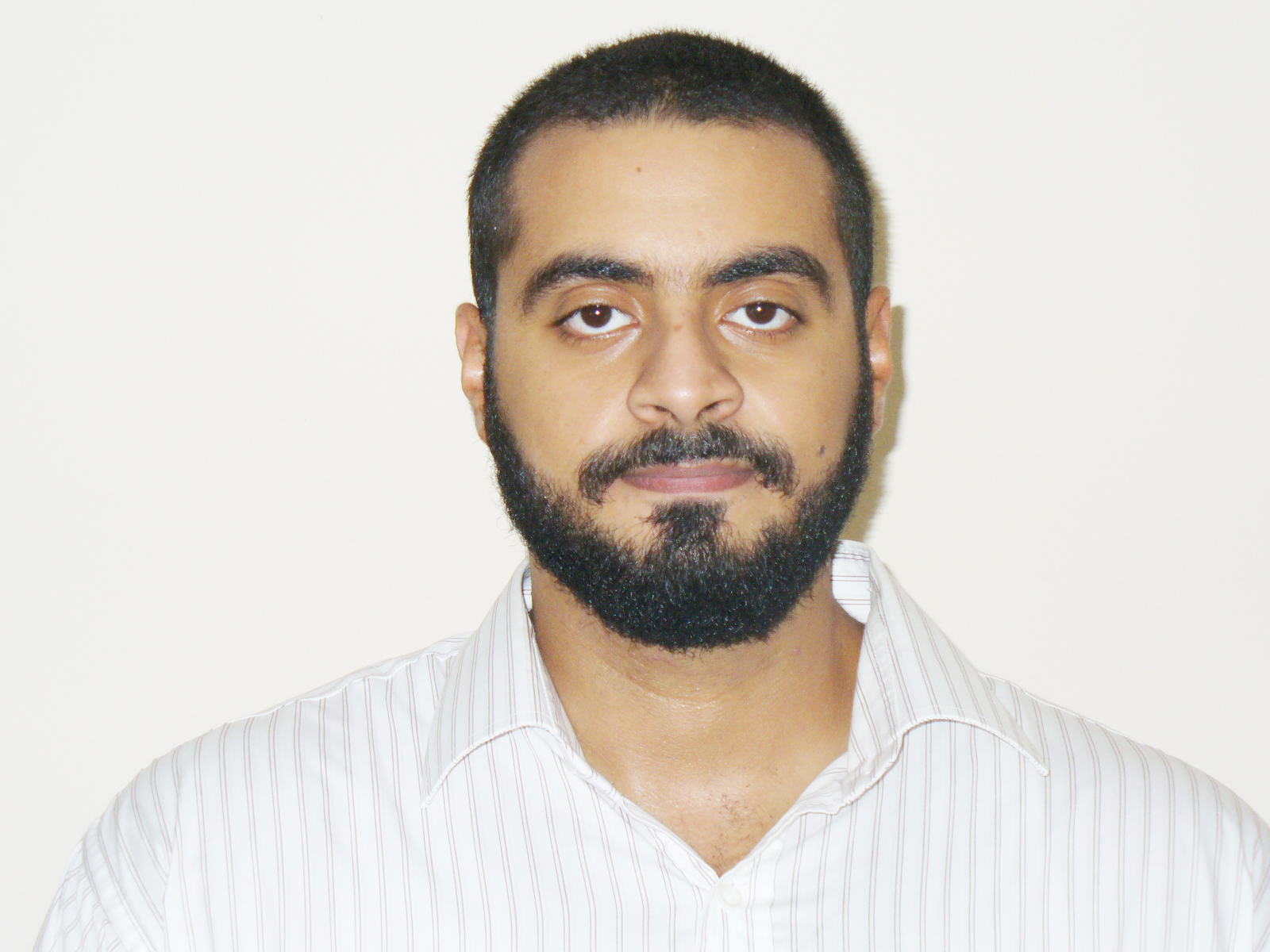Any ruling regime cannot begin from ground zero, because simply it cannot destroy the pillars of the state overnight and re-build them in the same way it demolished them.
This introduction may seem philosophical, but it can be simplified by showing examples, before going into the topic at length. The July Revolution could not oust all corrupt symbols or those loyal to the monarchy. It ousted those who may have posed obstacles, and allowed those in charge of the country to remain.
When Sadat became president, he slowly marginalised Nasser’s men, a process that came to be known as the Corrective Revolution, in which he eliminated the so-called centres of power. Mubarak and the following presidents followed suit.
The current regime, in the positive sense of the word, restored the concept of a successful state. Abdel Fattah Al-Sisi has been making great efforts on the internal level, despite the challenges of overcoming the obstacles left behind by the Muslim Brotherhood.
So, is what we are referring to here the political system? Of course not, but it overlaps with it one way or another.
Those who are affiliated with the president are many, though they may be few in numbers. Their bad reputations and corrupted minds have placed them at the forefront of the scene and have clouded our views. Among these is the archetypal TV host who likes everyone and befriends all regimes, speaking on behalf of the president as though he lived in the Ittihadiya palace.
State institutions certainly do not need someone to speak in their name. The president can speak for himself or delegate the presidency for that. Take a look at developed countries. Have you ever seen a journalist from Le Figaro or Le Monde saying Francois Hollande told him this or that? Of course not. Have you ever seen a journalist from the Washington Post saying Obama was upset about something? Certainly not.
Such things make public opinion susceptible to mayhem, making people prey to gossip. The images of the president and state institutions are shaken, as information comes out from different sources, making them vulnerable.
This happens every day. The state, in the political and legal sense, should not allow these things to slide, and should firmly rein them in. I believe the state has the ability to do so, unless I have been a hopeless romantic who knows nothing about the state of institutions.
Those who affiliate themselves with the president are many, and aside from the media that has been churning out its nonsense to the people, there are the politicians who have built up the image that they are unstoppable. All of this signals that the state is weak. Nonetheless, nothing could be further from the truth, as when the state took the decision to end this nonsense, it did so by law.
In fact, by not shutting those people down, the state legitimises the claims that these people are affiliated with the president, because public opinion will believe them, even if officials deny. People believe what they hear.
I believe that if the state takes firm legal action against one or two of these people, many things will change. Of course, this is unless there is more to it, and these people really are part of the system.
Charl Fouad El-Masry is a columnist and political analyst.



